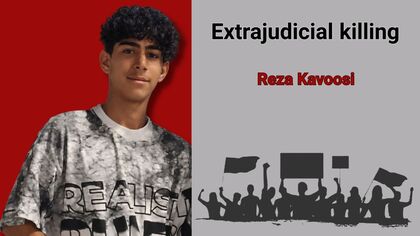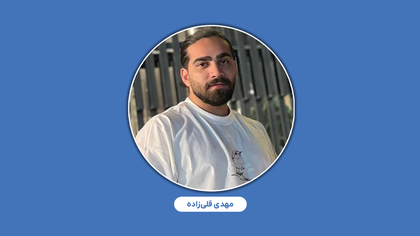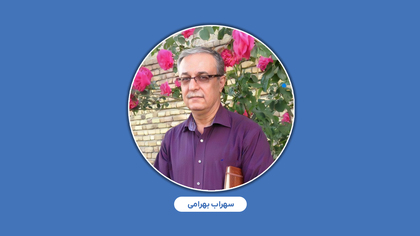Khamenei allies trounce Ahmadinejad in Iran election
19:50 - 4 March 2012

KURDPA - Loyalists of Iran\'s paramount clerical leader have won over 75 percent of seats in parliamentary elections, a near-complete count showed, largely reducing President Mahmoud Ahmadinejad to a lame duck in a contest between conservative hardline factions.
Based on a report by Reuters the outcome of Friday\'s vote, largely shunned by reformists whose leaders are under house arrest, will have no major impact on Iran\'s foreign policy including its nuclear dispute with the West. But it will give Supreme Leader Ayatollah Ali Khamenei\'s camp a significant edge in the 2013 presidential election.
The widespread defeat of Ahmadinejad\'s supporters was likely to erode the authority of the president, under fire from Khamenei\'s allies for challenging the utmost authority of the supreme leader in Iran\'s multi-layered ruling hierarchy.
With 90 percent of ballot boxes counted, Khamenei acolytes were expected to occupy more than three-quarters of the 290 seats in the Majlis (parliament), according to a list published by the interior ministry.
In the race for the 30 seats in the Islamic Republic\'s capital Tehran, a Reuters tally of unofficial preliminary returns showed Khamenei supporters had taken 19 and pro-Ahmadinejad candidates the rest.
Pro-Khamenei candidates won in the Shi\'ite Muslim holy cities of Qom and Mashhad and were leading in other major provincial cities like Isfahan and Tabriz, where over 90 percent of voters backed Ahmadinejad in the 2009 parliamentary poll.
Even in rural areas that have been strongholds of Ahmadinejad\'s and his populist brand of non-clerical nationalism, Khamenei loyalists appeared to have swept around 70 percent of the seats.
Independents and women candidates fared relatively well in many provincial towns, where they campaigned on the immediate concerns - generally economic -- of their constituents.
Iran\'s energy-driven economy is suffering badly from Western sanctions - now expanding to block its lucrative oil exports -- imposed over its refusal to halt sensitive nuclear activity and open up to U.N. nuclear inspectors.
Final election returns are expected by Monday.
Based on a report by Reuters the outcome of Friday\'s vote, largely shunned by reformists whose leaders are under house arrest, will have no major impact on Iran\'s foreign policy including its nuclear dispute with the West. But it will give Supreme Leader Ayatollah Ali Khamenei\'s camp a significant edge in the 2013 presidential election.
The widespread defeat of Ahmadinejad\'s supporters was likely to erode the authority of the president, under fire from Khamenei\'s allies for challenging the utmost authority of the supreme leader in Iran\'s multi-layered ruling hierarchy.
With 90 percent of ballot boxes counted, Khamenei acolytes were expected to occupy more than three-quarters of the 290 seats in the Majlis (parliament), according to a list published by the interior ministry.
In the race for the 30 seats in the Islamic Republic\'s capital Tehran, a Reuters tally of unofficial preliminary returns showed Khamenei supporters had taken 19 and pro-Ahmadinejad candidates the rest.
Pro-Khamenei candidates won in the Shi\'ite Muslim holy cities of Qom and Mashhad and were leading in other major provincial cities like Isfahan and Tabriz, where over 90 percent of voters backed Ahmadinejad in the 2009 parliamentary poll.
Even in rural areas that have been strongholds of Ahmadinejad\'s and his populist brand of non-clerical nationalism, Khamenei loyalists appeared to have swept around 70 percent of the seats.
Independents and women candidates fared relatively well in many provincial towns, where they campaigned on the immediate concerns - generally economic -- of their constituents.
Iran\'s energy-driven economy is suffering badly from Western sanctions - now expanding to block its lucrative oil exports -- imposed over its refusal to halt sensitive nuclear activity and open up to U.N. nuclear inspectors.
Final election returns are expected by Monday.



